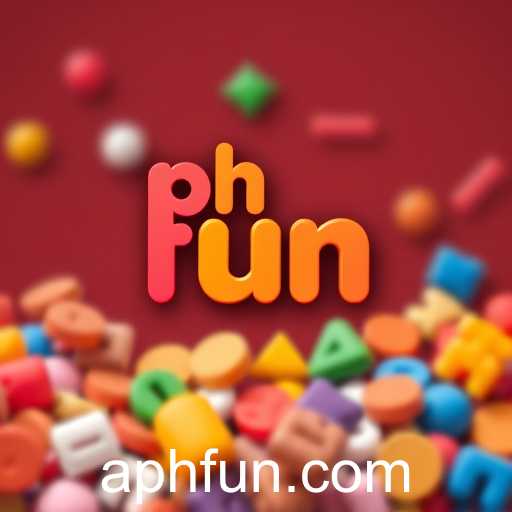Discover how vocabulary games employing the 'ph fun' keyword offer educational and entertaining experiences, enhancing language skills through engaging activities.
In the vast realm of online educational tools, vocabulary games stand out as a genre that successfully combines the joys of learning with entertainment, creating an enriching experience for players of all ages. These games, often found on educational websites, employ various motivational strategies to make learning new words an engaging activity. A distinctive category within these games revolves around the keyword 'ph fun,' a unique blend of phonetic challenges and fun-filled puzzles designed to enhance language proficiency.
The term 'ph fun' in vocabulary games denotes a playful approach to learning phonetics and enriching one’s vocabulary through interactive modules. These games often incorporate multiple-choice questions, word associations, crosswords, and other engaging activities that challenge the player's mind while teaching them the intricacies of language. The aspiration is to turn the often daunting task of vocabulary building into an entertainment-driven mission.
Such vocabulary games are crafted meticulously to cater to a diverse audience, ranging from young children just beginning their language journey to adults seeking to polish their linguistic skills. The incorporation of 'ph fun' at different difficulty levels allows players to gradually build up their vocabulary, ensuring they remain motivated and entertained throughout their learning curve. Educational psychologists acknowledge the efficacy of such learning techniques, where play and education intersect, enhancing memory retention and understanding.
Additionally, the 'ph fun' aspect often introduces challenges that incorporate common phonetic sounds. These challenges help players understand word pronunciation and spelling, essential components for language mastery. This method of learning is particularly useful for languages like English, where pronunciations can often be unpredictable and challenging for non-native speakers.
Despite the primary focus being on vocabulary and phonetics, 'ph fun' vocabulary games also offer cognitive benefits. By engaging in these games, players enhance their problem-solving skills, improve their critical thinking abilities, and foster creativity. The dynamic nature of the games, with increasing levels of difficulty and various game modes, ensures that players remain engaged and continue to reap these cognitive benefits.
In summary, vocabulary games categorized under 'ph fun' serve as an effective educational tool, making language learning an enjoyable journey instead of a mundane task. These games stand as a testament to the successful integration of fun in educational content, proving that learning doesn’t have to be conventional to be effective. In an ever-evolving digital landscape, such innovations in educational gaming continue to lead the charge towards better and more entertaining learning experiences.




